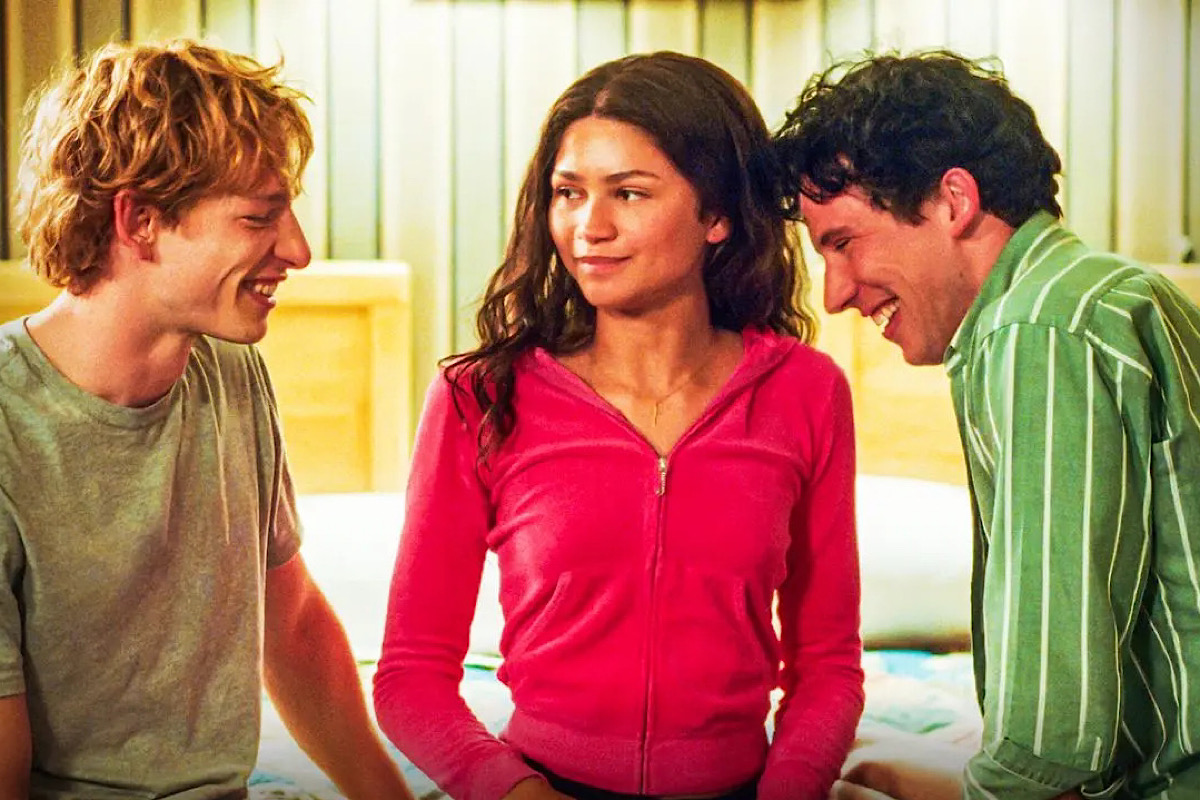Italian director Luca Guadagnino is famous for his romantic movies that come bound by emotional complexity and surrounded by stunning visuals. I have seen these in his earlier works, like I Am Love, Queer and Suspiria. His latest foray into cinema with Challengers, now screening in theatres, is no exception. There are add-ons here. Jealousy, sexual rivalry and unrequited love play on the tennis court, and as the ball moves between a threesome, the tension is palpable.
Former doubles partners Art Donaldson (essayed by Mike Faist) and Patrick Zweig (Josh O’Connor) were besties, but when Tashi Duncan (Zendaya) walks into their lives, it provokes a bitter rivalry between the two men, who compete in an insane way for her attention. The fact that she is a teenage tennis prodigy turned coach makes her all the more alluring to these two young men. There is a scene in which we see her seated between them. She is quite enjoying it, and the excitement it evokes has been done with a touch of artistic mastery. Although Patrick gets to Tashi first, she ends up marrying Art, leading to an even more intense conflict.
Advertisement
Admittedly, the plot is stale. I have seen so many films on triangular affairs, the earliest two being Sangam and Dil Ek Mandir in India and the American romantic sports comedy Bull Durham (1988). But the Challengers director weaves his work with a touch of narrative brilliance, and we see this especially in a scene where Tashi is seated precisely at the midpoint between Art and Patrick in one of their big matches. The drama gets steamier, and the electric spark ignites a freshness not often seen in films.
Constructed like a competitive match, Justin Kuritzkes’ screenplay moves back and forth like a tennis ball through time in this non-linear movie, highlighting the love that overwhelms Tashi as she ricochets towards Patrick. Guilt creeps in, but the exhilaration of the new-found pleasure is too tempting for her to let it go.
Having helmed the 2017 queer classic Call Me By Your Name, Guadagnino is adept in the ways of homoerotic-tensity, which in the movie Tashi senses between the two men. Her comment, “I am no home wrecker,” unmistakably indicates this, and this dimension adds to the pulse-pounding situations. In another scene, she quips, “Tennis is a relationship.” As we travel through the film, we understand what kind of relationship she means. A scene in a hotel room seals this beyond doubt.











